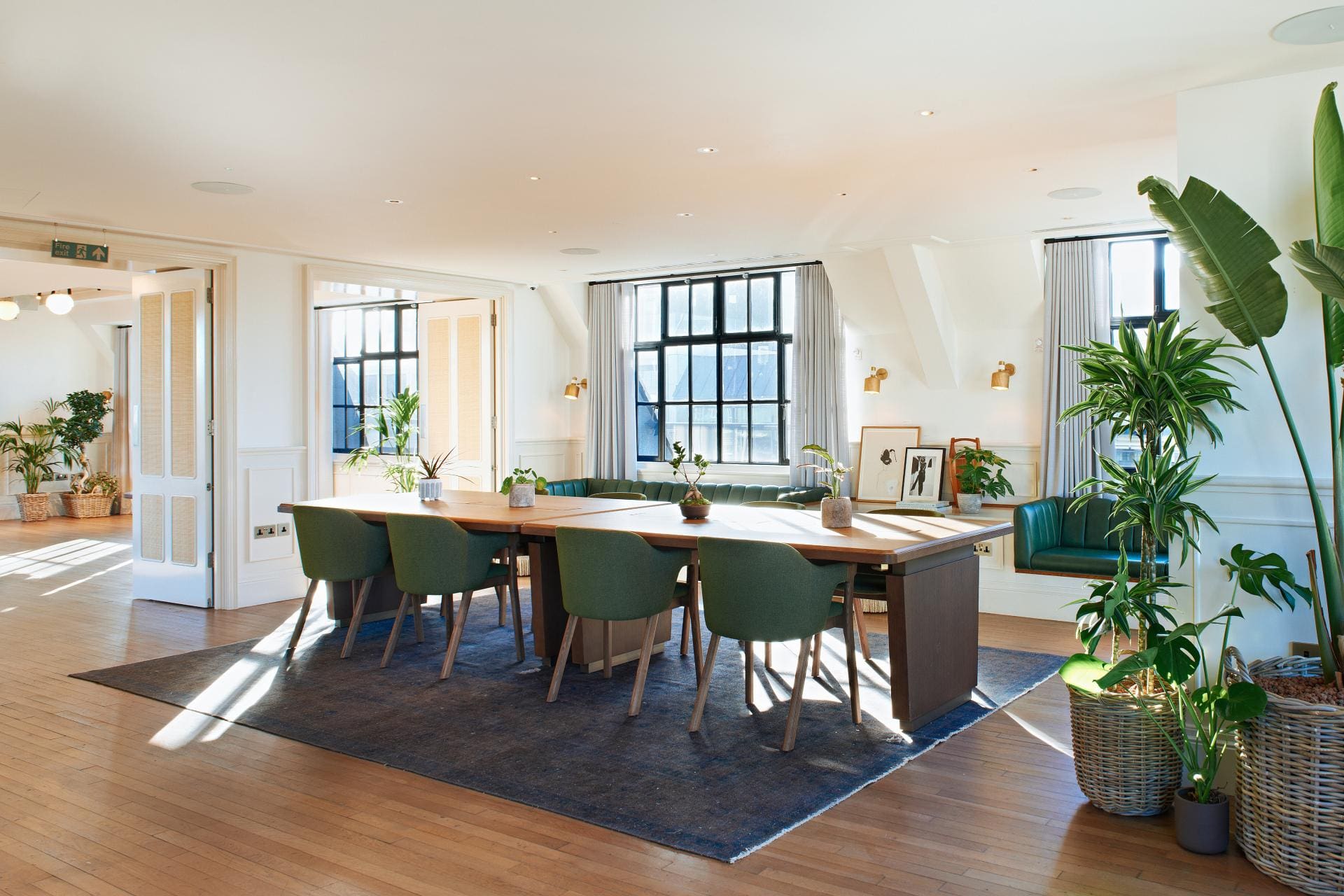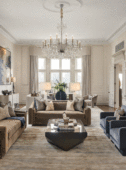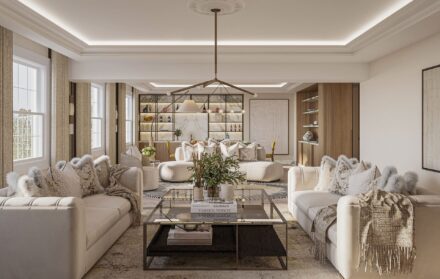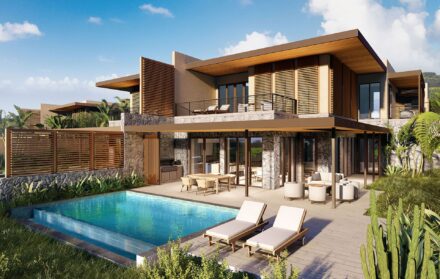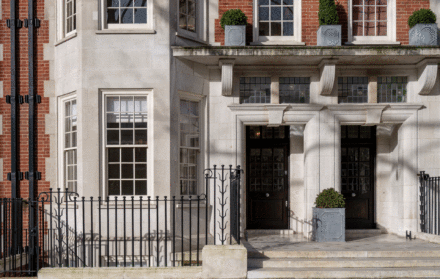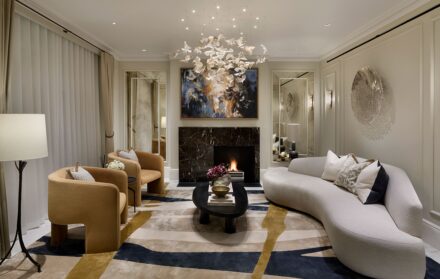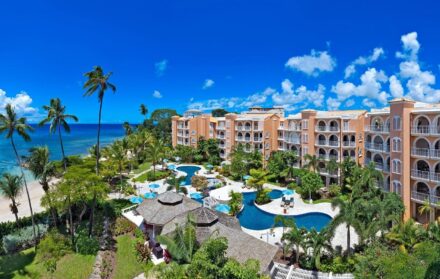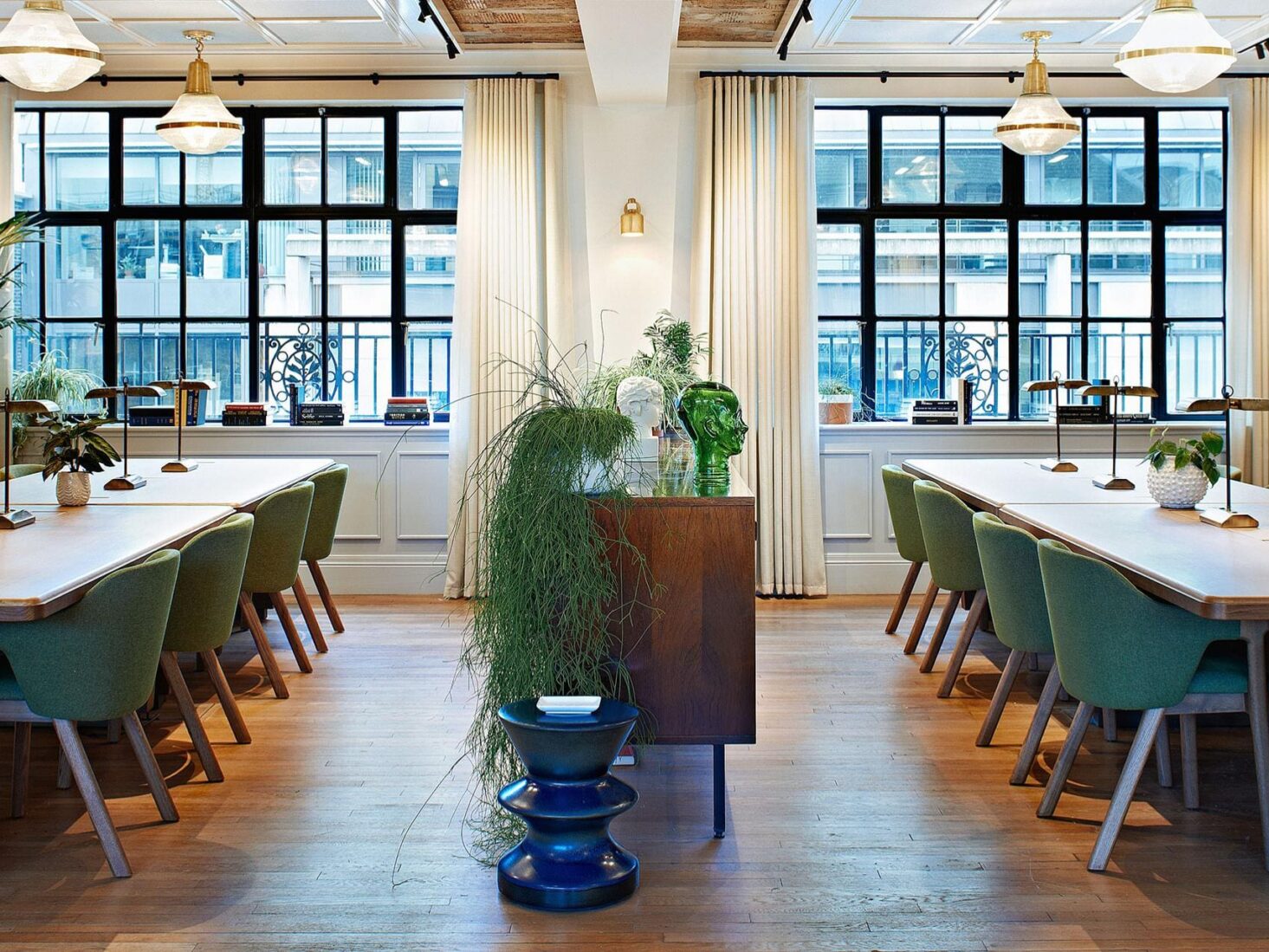
Mortimer House: A Members-Only Work & Wellbeing Space in Fitzrovia
It’s no longer business as usual in London. Desks have been swapped for sofas, coffee breaks for meditation and boardroom meetings for chef masterclasses. Guy Ivesha reveals how Mortimer House, his first solo project, is leading
It’s the first time during an interview that someone has asked me questions, too. I feel flattered. It’s not exactly the prerogative of an interviewee to be interested in the interviewer’s own background. It just goes to show Guy Ivesha’s natural curiosity and polite nature, one of the many characteristics, I’m sure, that have led him to become founder and CEO of parent company Maslow’s.
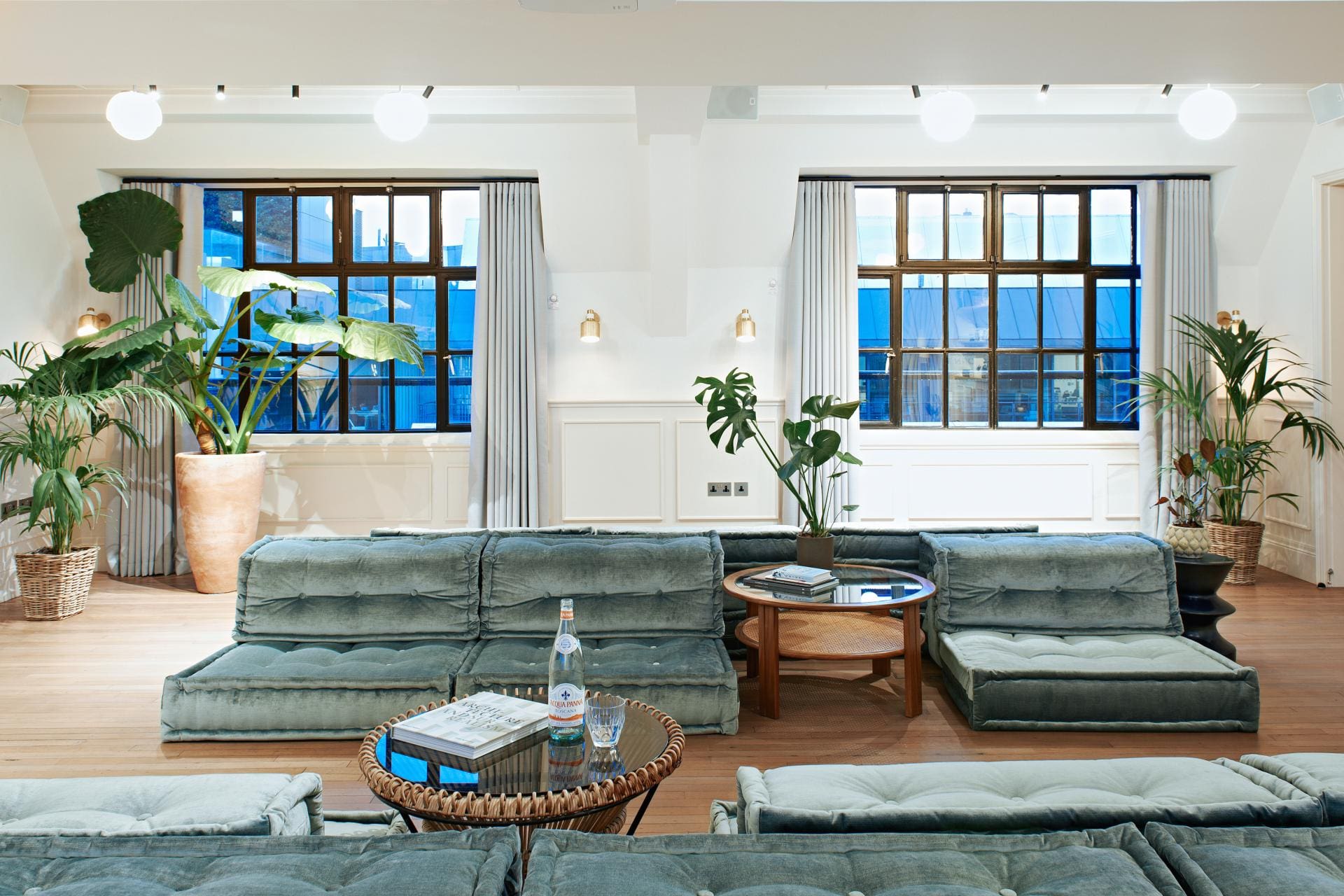
Its first project is Mortimer House, which Ivesha describes as a “one-stop shop for successful entrepreneurs and new companies”. The members-only venue is based loosely around the philosophy of Abraham Maslow, after whom the company is named. ‘The Hierarchy of Needs’ explains that to achieve ultimate self-actualisation (or one’s full potential), individuals need to satisfy various needs, from the physical to the emotional. Mortimer House aims to help people do just that through unique lifestyle spaces that have been curated on each of its eight levels. While some see it as part of the flexible working trend taken up by many entrepreneurs and freelancers, Ivesha describes it as a “hospitality platform. It has an element of work space rather than work space being at its core.”
It is no wonder that hospitality is the backbone to this project: Ivesha is the son of Boris Ivesha, CEO of PPHE hotel group, which includes the Park Plaza and Art’otel brands. Ivesha studied hospitality and finance at Surrey university, working in hospitality consulting and then moving to New York to work on what he describes as “one of the most talked about hospitality projects in Manhattan: The Plaza Hotel”. He returned to London to work for PPHE and then, with backing from Cain International, Galliard and other silent investors, launched on his own.
We operate this place like a hotel. We have beautiful private study rooms that replace the bedrooms”
From the moment I enter the reception I can see how the world of concierge teams, porters and five-star services has had an impact. Smiling staff greet me behind the counter and cheerily show me around the venue. “We operate this place like a hotel,” Ivesha tells me later. “We have beautiful private study rooms that almost replace the bedrooms. Future projects will have some accommodation on top of everything else.”
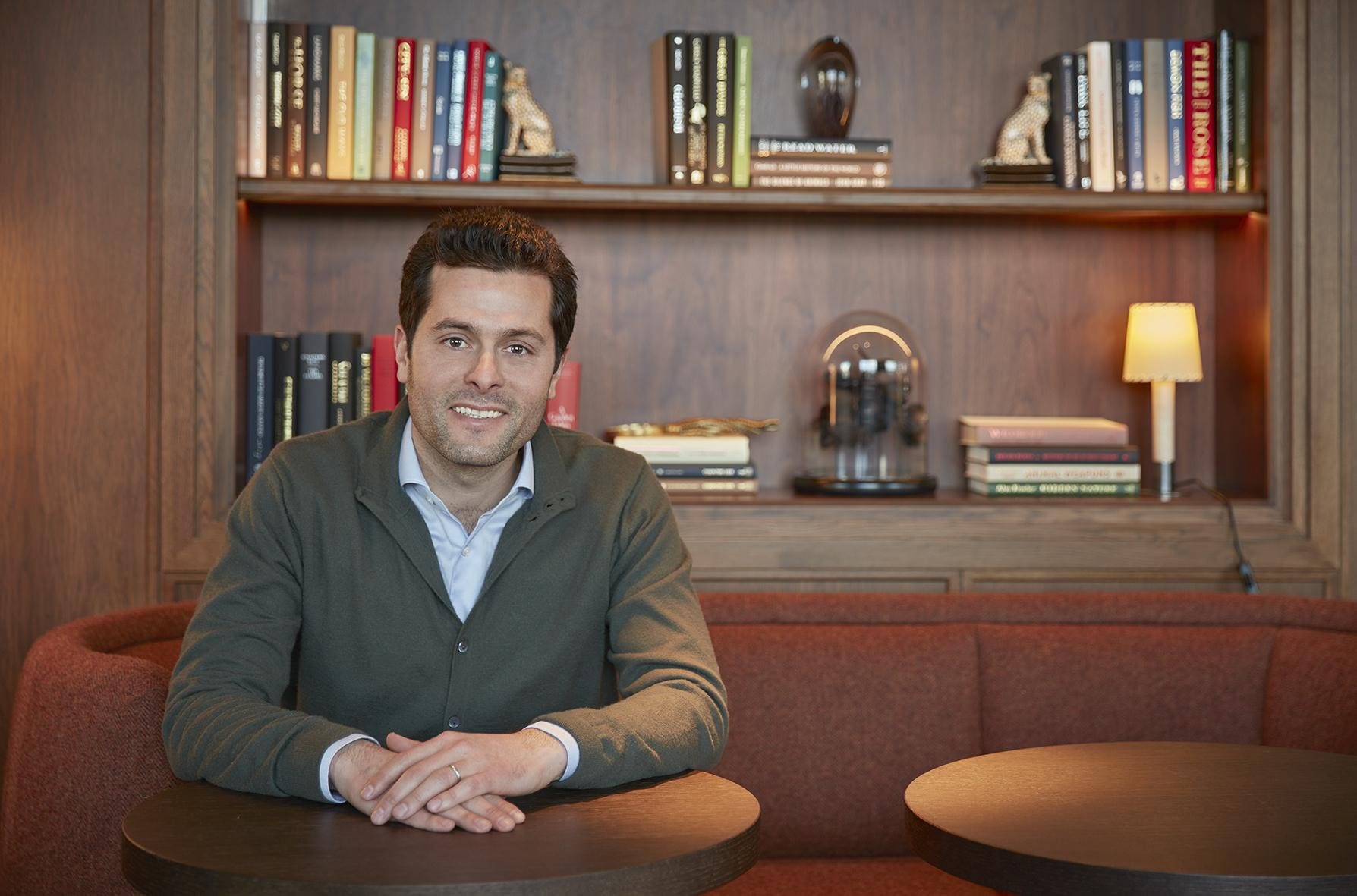
But for now, I’m satisfied with looking around the ground floor level that hosts Mortimer House Kitchen, a 90-cover restaurant and the only part of the building open to the public. It focuses on fresh, sustainable and organic produce for a Mediterranean menu with Middle Eastern influences.
Breakfast is a relaxed affair with the classic offerings of eggs Benedict and a full English, alongside a breakfast bar that provides a selection of house-made cereals, energy balls, gluten-free cookies and pressed juices. The all-day menu combines dishes like shakshuka with plentiful seafood options, from grilled octopus to roasted grouper. For dinner, there’s the added bonus of an extensive cocktail and organic wine list.
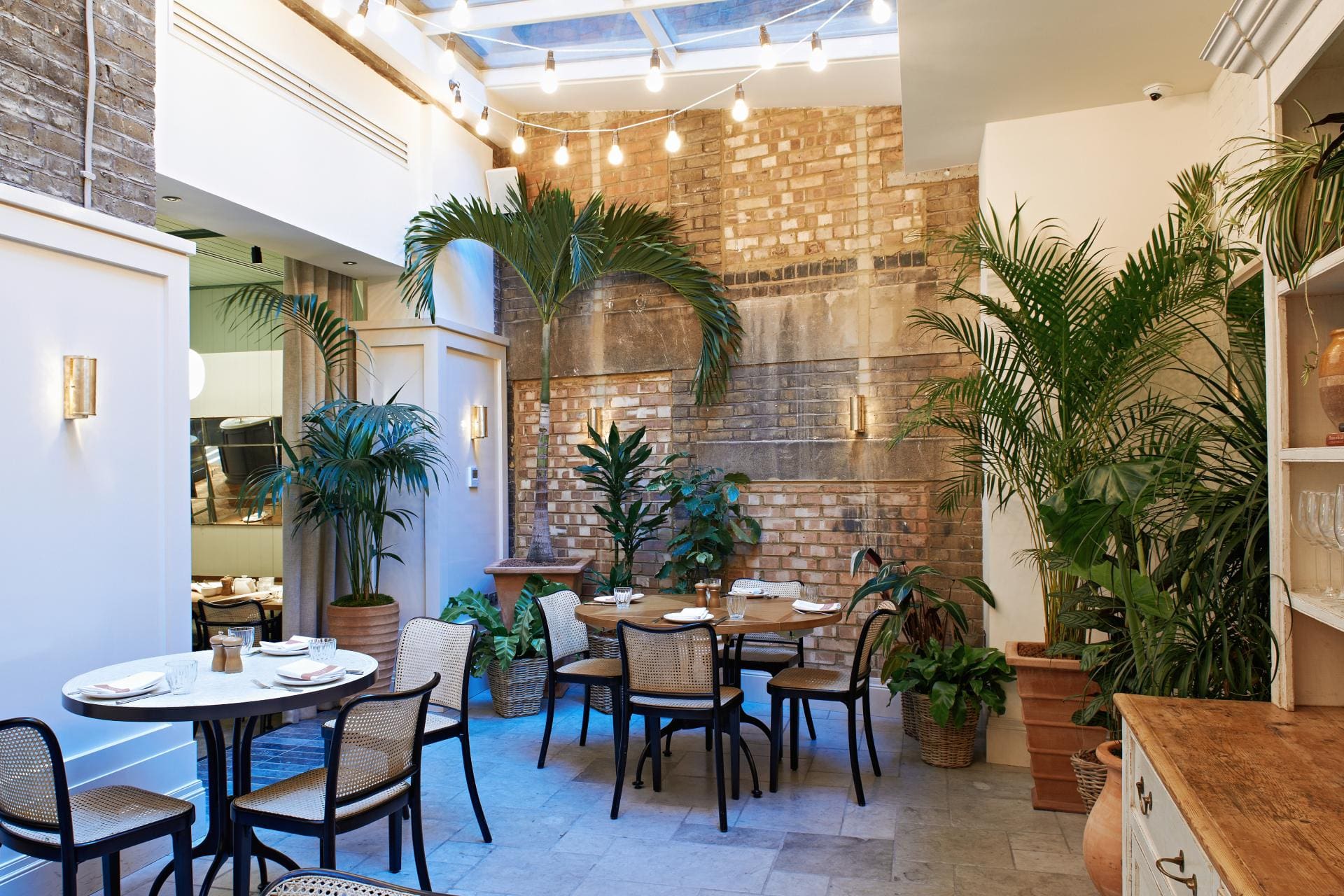
A conservatory, hidden behind a side curtain, is available for private hire for up to 20 people. It has a grand skylight that fills the room with London’s rarely seen sunshine, which bounces off the exposed brick walls and the indoor pot plants. The rest of the restaurant is open-plan with marble countertops, a terracotta ceiling decorated with timber and rattan panelling, wood floors and concrete columns.
Elsewhere the club channels 1930s interiors designed by New York architect AvroKO, with elements of the original building left intact, such as the retro staircase. “Fitzrovia has a very bohemian history,” says Ivesha. “The building is Art Deco, so I wanted to respect that.”
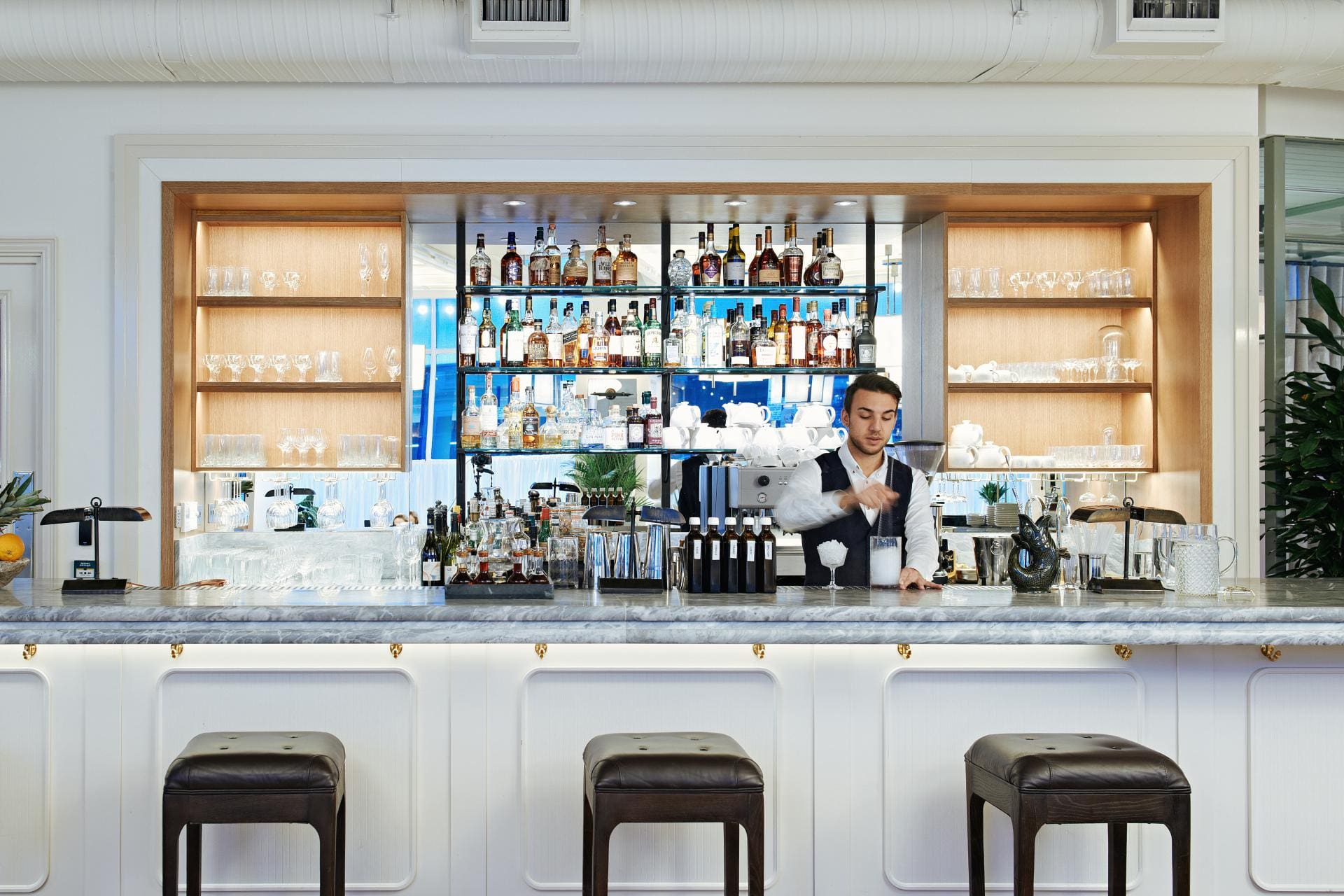
He notes that a few other developers who try to set up similar lifestyle concepts without taking the local community into account end up failing. “I think we will see some pushed out of the market in the coming years,” he remarks, “but that’s the natural evolution of any new market. The good ones will survive; the ones that are distinct and have a complete and well-defined product.”
Below the restaurant is a fully-equipped gym, which aims to enhance body, mind and spirit. Members can sign up to training sessions and classes (yoga, barre, reformer pilates and TRX) as well as use the clean and calming white-tiled changing rooms, equipped with lotions and potions from the aptly named Zenology.
Fitzrovia has a very bohemian history. The building is Art Deco, so I wanted to respect ;
As I make my way slowly up the different levels, I realise what a colossal project it is. Each floor has a dedicated area for almost any personality and preference. People can hire out formal, permanent office spaces; hot desk; or chill with their Apple Mac and soy latte on a snug sofa, depending on which tier of membership they pay for.
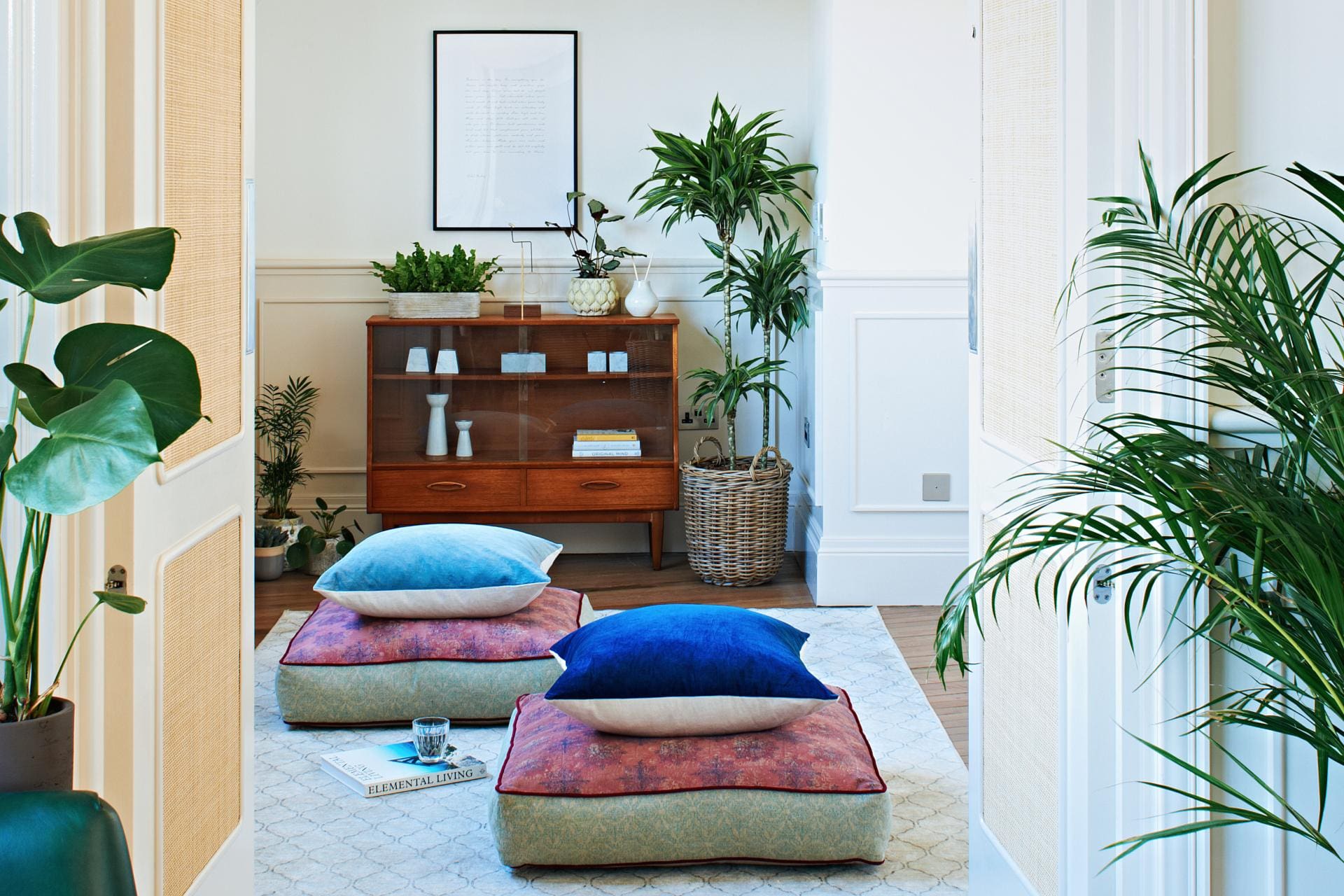
The fifth and sixth floors are the most interesting, with a Living Room & Den on the former that is centred around a bar area, serving complimentary coffees and teas as well as a snack menu (guests can also order from the restaurant). The relaxed atmosphere here makes the prospect of work seem almost enjoyable, with people softly talking over business deals while indie music plays in the background. The Loft & Gallery is more tranquil with a private meditation room, ground-level cushions to relax on and hammocks on the balcony.
Private meeting rooms are just as playful. For those that fancy the traditional, there’s a corporate-style boardroom with modern fixtures, while others might opt for the Drawing Room or The Kitchen Table. The latter is a homely space complete with tea towels and salt and pepper pots – plus chefs, if requested.
Ivesha remains tight-lipped about the next destinations he has planned, but my guess is international. Out of interest, I add, does he implement this flexible work/life ethos himself? “Yes, I like to move around every day. I don’t like sitting in the same spot. Sometimes, I’m on the fifth floor. Sometimes, the sixth. Sometimes I’m in the office. I go to the gym a few times a week and I try the food all the time to make sure it remains consistent. I take advantage of each and every aspect we have here – it helps me to ensure that it remains high quality.” I guess that when work and play are so intertwined, it’s difficult to tell between the two.
